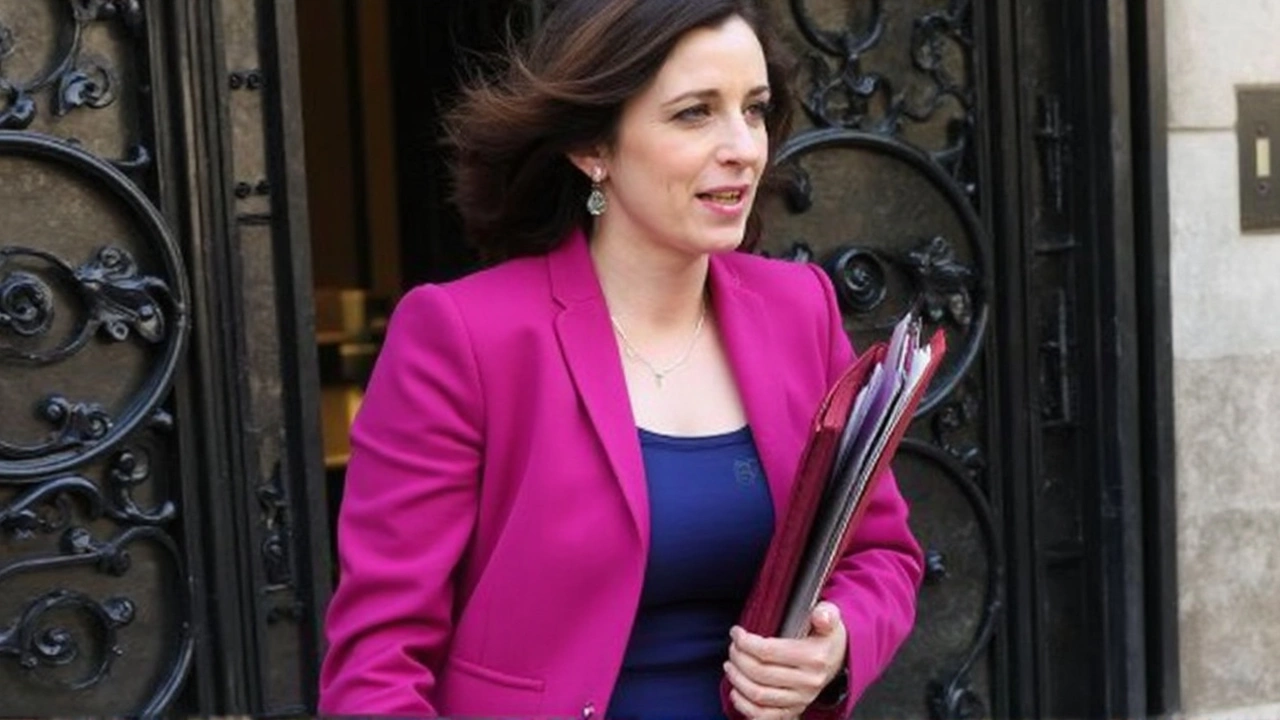
UK Supreme Court Clarifies 'Woman' as Biological Sex in Landmark Ruling
The UK Supreme Court just sent a shockwave through ongoing debates around single-sex spaces and gender identity. On April 16, 2025, a panel of top judges ruled that, under the Equality Act 2010, the words 'woman' and 'sex' mean what’s on your birth certificate, not how you identify. The bench, led by Lord Hodge, Lady Rose, and Lady Simler, was unanimous in saying that legal protections for women and men relate strictly to biological sex.
Why does this matter? Until now, many organizations faced a heavy burden to justify why they might exclude transgender people from spaces reserved for women, like bathrooms, hospital wards, or shelters. After this decision, providers can assign access based on biology, unless there’s a clear and compelling reason to do otherwise. They don’t need to jump through extra legal hoops to prove why they’ve made that call—privacy, dignity, or safeguarding can be enough, as long as it’s done consistently with the ruling.
While this ruling seems like a simple clarification, it opens up a complex new chapter for transgender rights in the UK. Critics wasted no time raising alarms. Victoria McCloud, the UK’s first transgender judge, called out the court for relying mainly on arguments from gender-critical campaigners and shutting out lived trans experiences from legal reasoning. She went so far as to warn trans people to avoid public facilities unless they’re mixed-gender or explicitly trans-inclusive, underscoring just how much fear this decision has sparked.
Ruling Draws on Biological Essentialism, Leaving Trans Voices Out
Supporters of the decision hail it as a win for legal clarity and women’s safety, pointing to the supposed confusion about sex and gender in recent years. But the judgment leans on ideas sometimes called biological essentialism—the belief that people are defined by their physical traits, not social roles or identity. This approach isn’t new. Historically, it’s been used to bar women from public life on the assumption that their biology was at odds with leadership, education, even voting rights. Now, with the court drawing a hard line at birth sex, that same logic becomes the basis for keeping transgender women out of women’s spaces unless they bring a Gender Recognition Certificate (GRC) to the table.
Speaking of certificates, the Gender Recognition Act 2004 still holds: only those with a GRC can have legal sex status changed on their birth certificate. Without it, whatever’s written at birth is what counts according to the law, reinforcing the court’s focus squarely on unchangeable biology unless specific legal steps have been taken.
With these changes, service providers have wider freedom to set their own rules in everything from hospital wards to public restrooms, often defaulting to birth sex as the deciding factor. The government’s response has been positive so far. The Equalities Minister made it clear they support the decision, describing it as a much-needed update that strengthens existing laws. But trans advocates worry it's a major step backward, promising more fights ahead over who belongs where.
Single-sex exemptions in the UK aren’t just a technical legal issue anymore—they’re the frontline in a heated national debate about rights, identity, and what equality actually looks like on the ground. The Supreme Court might have the final say on the letter of the law, but the lived reality for transgender people navigating everyday life just became a lot more complicated.